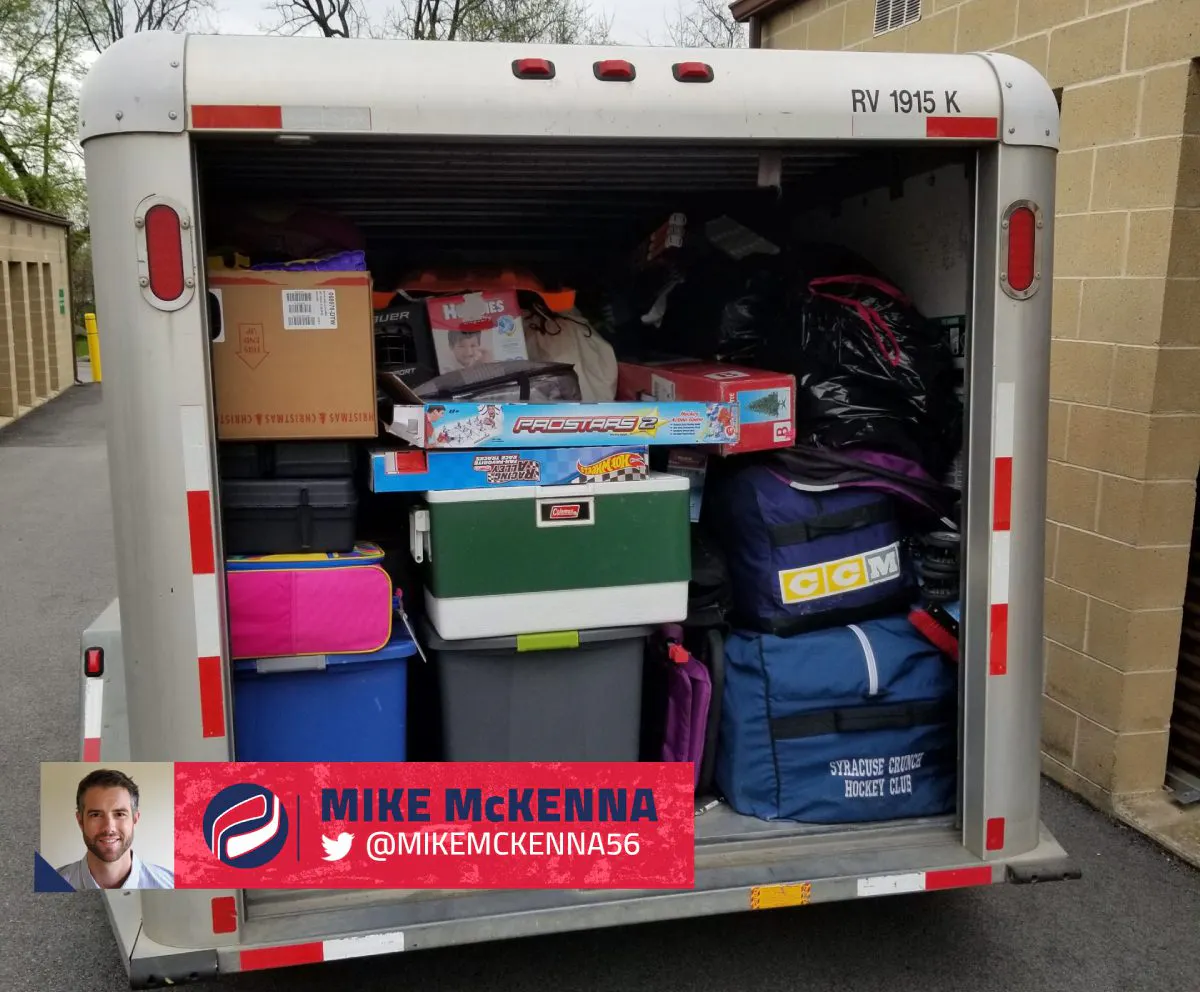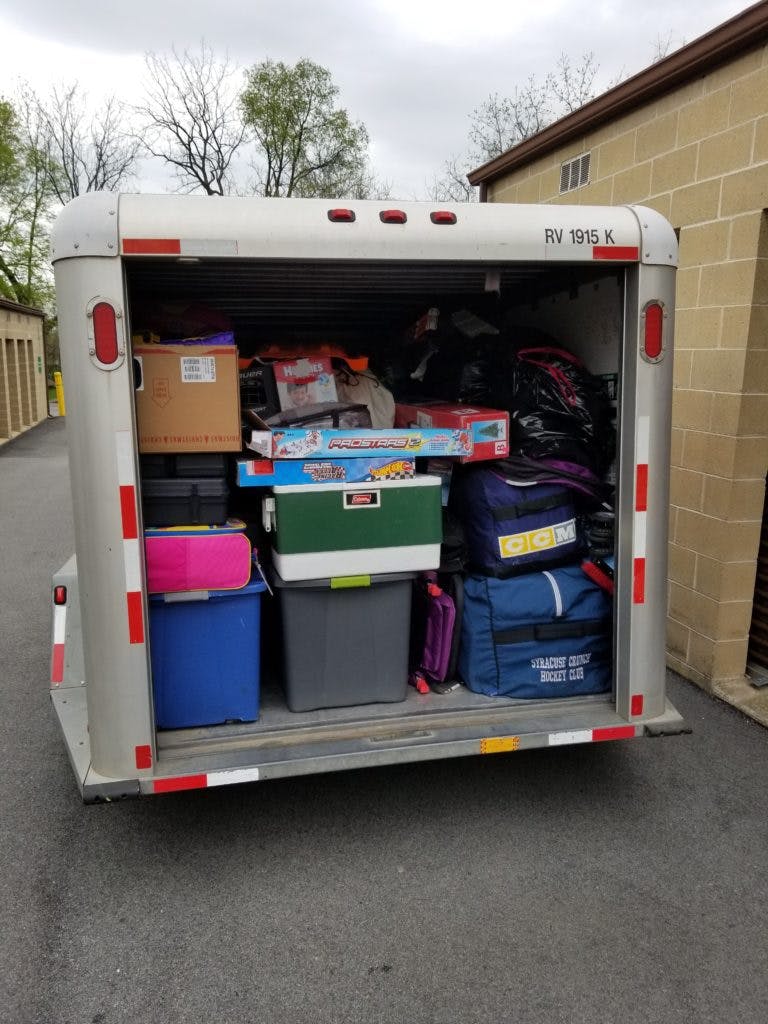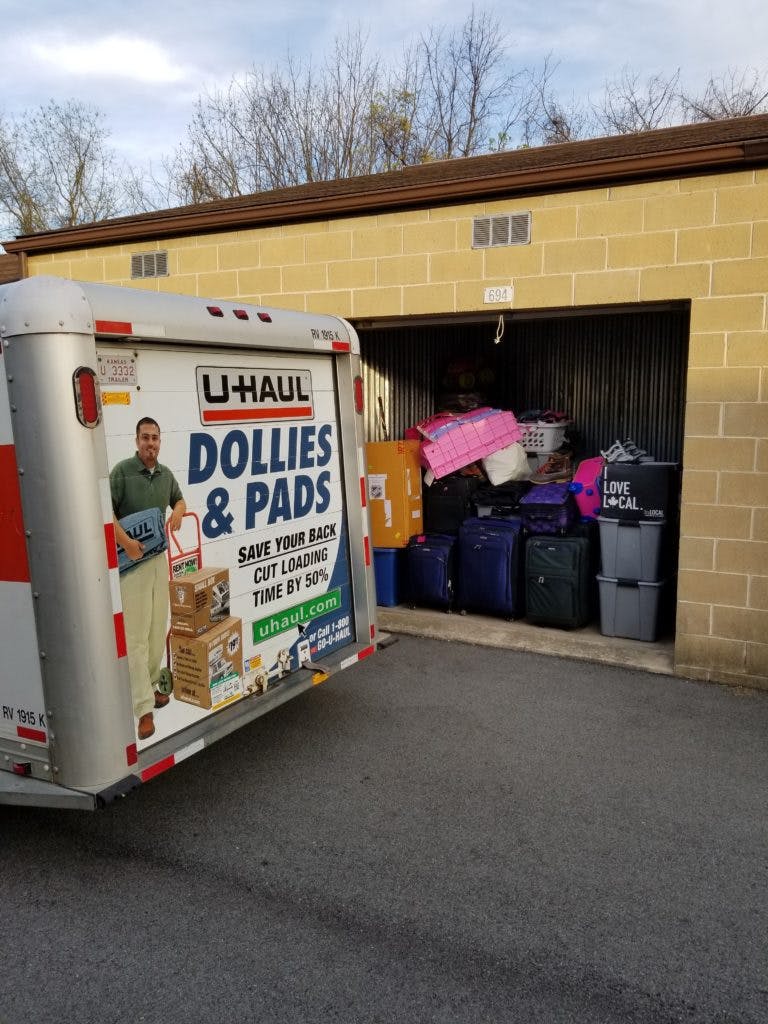Parties, U-Hauls and bubble wrap: what happens when a pro hockey player’s season ends

You’ve been playing hockey nonstop since mid-September, and suddenly the season is over. Exit meetings are done, and the final team party of the season is planned. What happens next?
Most often, the last party is a complete free-for-all regardless of location. Sometimes a player will host at his house. Other times the team will head out for a nice dinner. About the only guarantee is that whatever money is left in the team fine fund will be spent that evening. And then some. The bar tab is always impressive.
As much fun as the party is, there’s always a chance that a teammate gets off the rails. And that’s what you worry about: having to take care of a friend instead of being able to enjoy the festivities. Thankfully it doesn’t happen often. But the wildcard teammate is always in the back of your head.
Provided that things go smoothly at the party, the next order of operation for most players is packing up for the trip back to their offseason home. And this aspect can vary widely. The more ingrained a player is within a city and organization, the more time they might spend there in the summer.
For players that choose to drive back to their offseason homes, logistics can be a nightmare. Many have to rent a trailer. Book hotels. Figure out what to do with family pets while on the road. Not to mention how to keep kids entertained if they’re riding along.
By the later stage of my career, I found it easiest to put my wife and kids on a plane. I live in St. Louis. And while the Gateway City is centrally located within North America, it’s more than a day’s drive from many NHL and AHL cities.
My daughters were both under the age of six when I finished my playing career in 2019. Imagine driving 16 hours with them in a crowded SUV, the family dog curled up in back, all while towing the biggest trailer U-Haul offers.

We did it once and it was a miserable experience. Lesson learned. Kids fly. I drive. Turn in the travel receipts to the team and hope they get reimbursed. Thankfully most teams didn’t object.
I can tell you this about the moving process: when you add up the packing and unpacking, our family spent the better part of a month each season in flux. There was nothing glamorous about it. And I often tell people that having to move every season was a major factor in my decision to retire. I didn’t want to put myself through it any longer.
My experience wasn’t unique to many fringe NHLers and minor-leaguers. No one buys a house in the NHL city when they sign a two-way contract, especially when it’s a one-year deal. So we get stuck in the neverending cycle of nomadic hockey employment. Our only constant is where we return every offseason.
But for NHL players on long-term contracts, buying a house or signing a long-term lease agreement in their playing city makes sense, often as a second home. That simplifies the moving process immensely. Players in this type of situation can afford to buy household goods for both places. When they move, they don’t have to pack up the kitchen. Or the office. Or the linens. They can simply walk out and lock the door behind them.
I dreamed of that scenario. But with my employment status usually being unknown going into free agency, we had to pack everything. And even though we eventually started to accumulate a secondary set of goods, it didn’t make things any easier. Our offseason home at the time didn’t have much storage space, so I had to rent a shed.

Don’t get me wrong. I loved playing, and it was exciting living in so many different places. We have friends all across the globe thanks to hockey. But the entire process of renting the trailer, going to the storage shed, bubble wrapping everything, then actually driving it all down the highway – I feel like it took years off my life. My anxiety was through the roof until everything was finally unpacked.
The worst years for travel were actually the best seasons on the ice. There’s nothing like a deep playoff run and everything that comes with it. The fun. The sense of accomplishment. The chance at a better contract when free agency opened. Those were all tangible benefits.
But the longer a team plays, the shorter the summer for the players. During the 2017-18 season that I spent playing for the Dallas Stars organization, we didn’t get home until July. We spent less than two months in St. Louis before heading off to Canada and the Senators organization.
That’s hardly enough time to catch your breath, much less change the A/C filters in your house. It’s hard to find the motivation to pack up when you’ve just recently done it. I hit a wall. I knew it was time to step away from the game.
Now when a hockey season ends, I’m still happy to have some time away. Covering it nonstop during the season can be a grind, just like my playing days. But I don’t have to pack up my entire life and move cross-country. And for that, I’m very grateful.
_____
POINTSBET CANADA IS LIVE IN ONTARIO

PointsBet Canada has officially launched in Ontario! Get more details right here!
Recently by Mike McKenna
- Giving your goalie the hook: the right call or the wrong call?
- McKenna’s Musings: How Bruce Cassidy, John Tortorella will transform their new teams’ identities
- When ‘soft goals’ aren’t actually soft, featuring Andrei Vasilevskiy
- Breaking down the 2022 Stanley Cup final goaltending matchup
- Coaching dominoes: Where they go will influence where players go